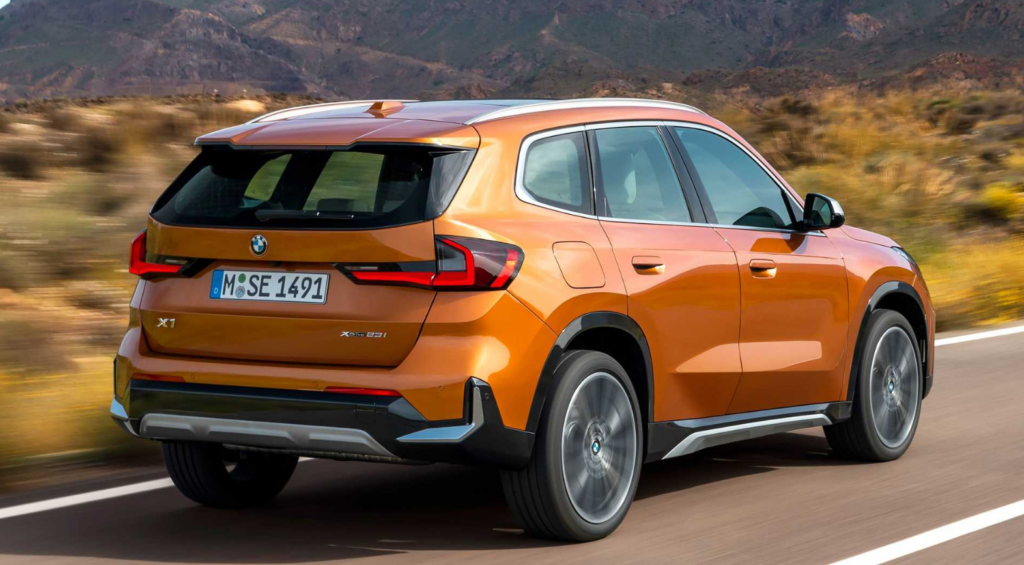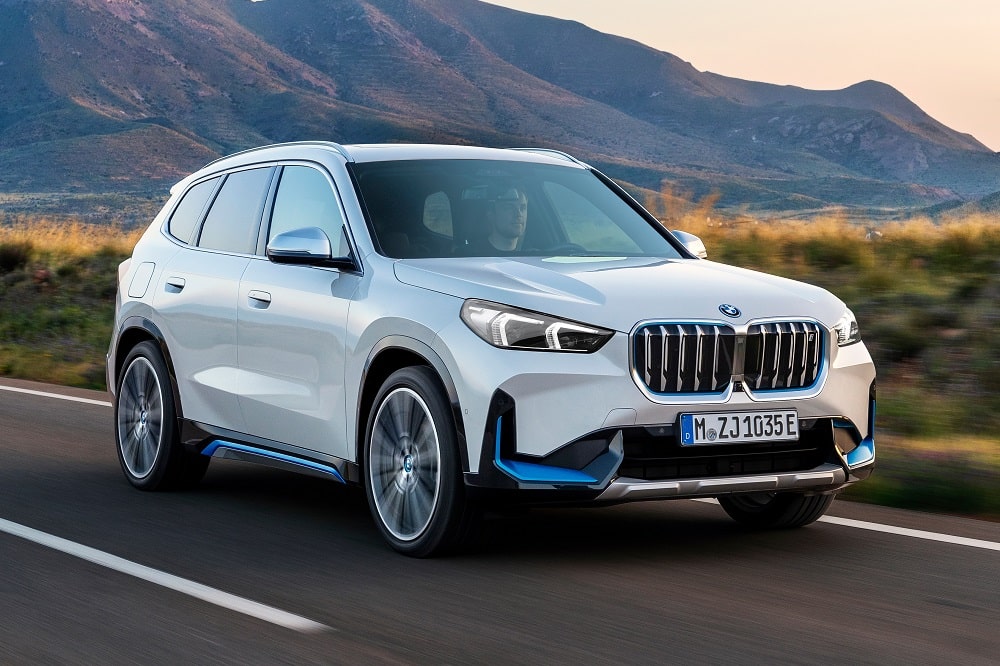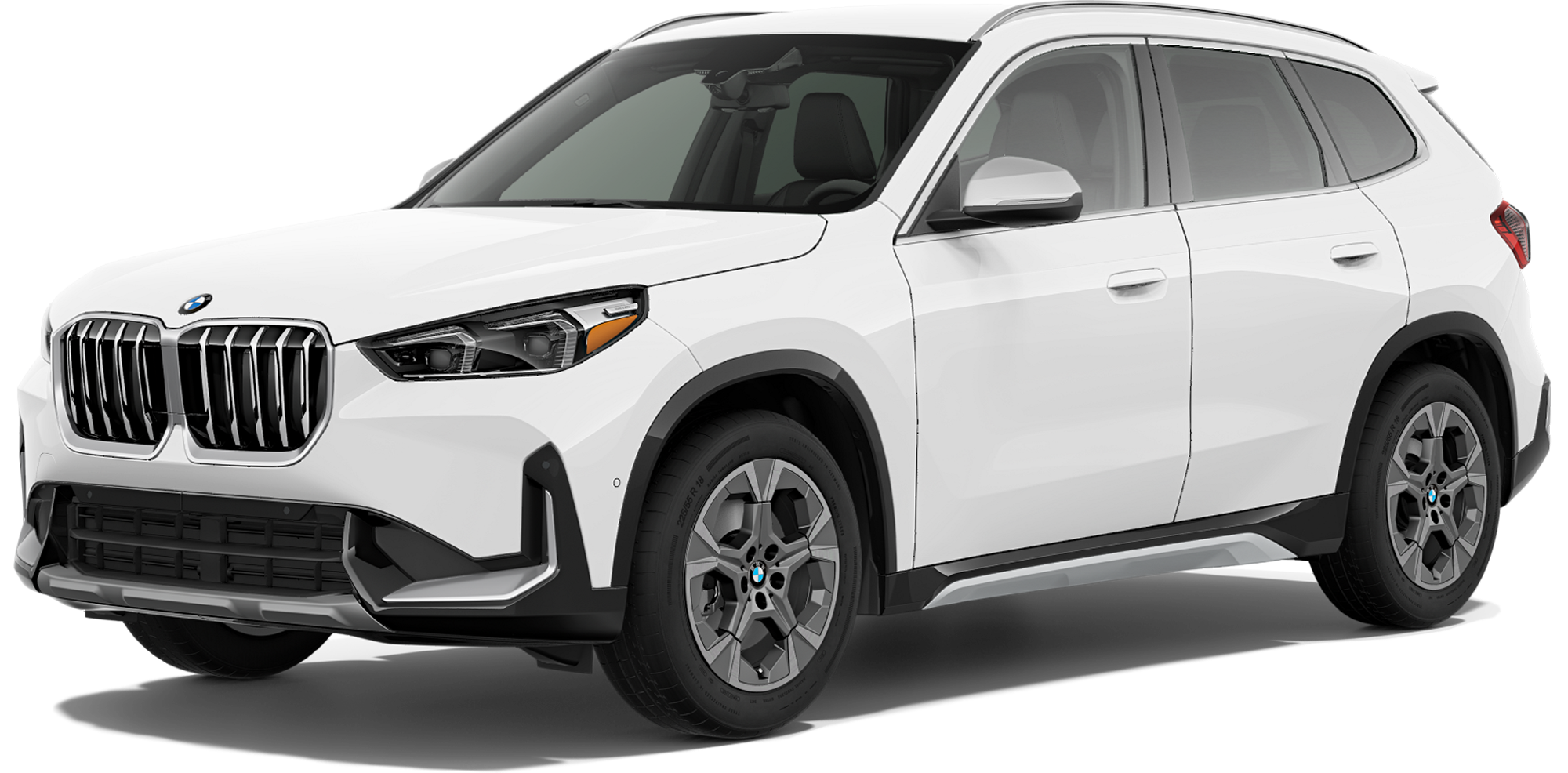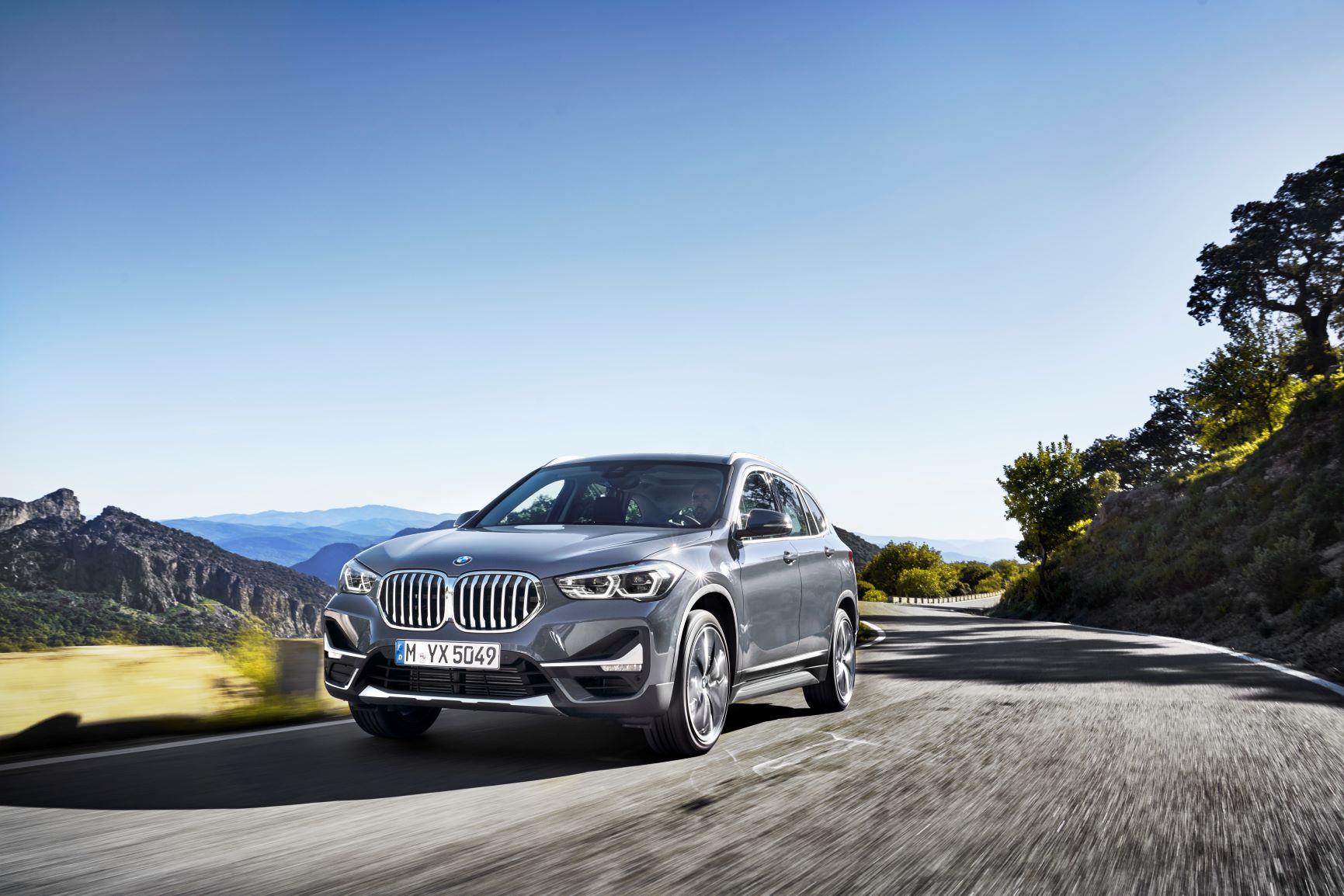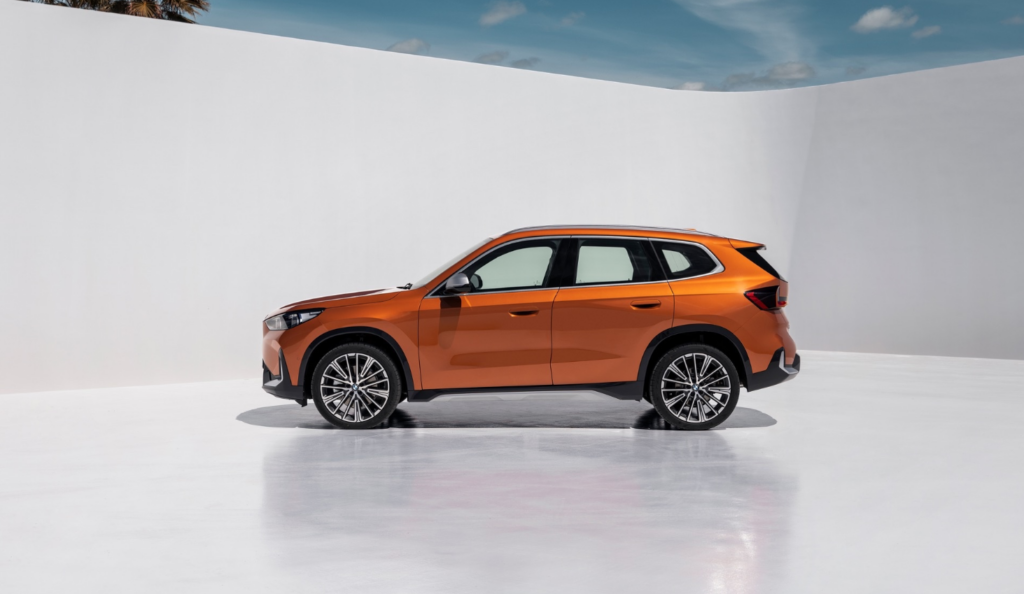
The 2025 BMW X1: A Fuel-Efficient Crossover for the Modern Age
The BMW X1, a compact luxury crossover that has carved a niche for itself in the competitive market, is set to receive a significant update for the 2025 model year. This update is not just about styling and technology enhancements, but also about achieving remarkable fuel efficiency. With an ever-increasing focus on sustainability and reducing environmental impact, the 2025 X1 promises to be a compelling choice for drivers seeking a balance between luxury, performance, and eco-consciousness.
A New Era of Efficiency: Powertrains and Fuel Economy
The 2025 X1 will offer a diverse range of powertrain options, catering to a wide spectrum of driver preferences and needs.
1. The Electrified Future: Plug-in Hybrid (PHEV) and Fully Electric (EV) Options
At the forefront of the X1’s fuel-efficient lineup will be the PHEV and EV variants. These models will leverage BMW’s expertise in electrification, offering impressive fuel economy and a smooth, silent driving experience.
- The PHEV: This variant will combine a gasoline engine with a powerful electric motor, allowing for extended electric-only driving range. The PHEV X1 will offer a significant reduction in fuel consumption compared to its purely gasoline-powered counterparts, making it a practical choice for daily commutes and shorter trips.
- The EV: The fully electric X1 will be a testament to BMW’s commitment to sustainable mobility. This variant will offer a zero-emission driving experience with an impressive electric range, allowing drivers to enjoy the benefits of electric power without the range anxiety associated with early EVs.
2. Optimized Gasoline Engines: Enhanced Efficiency and Performance
For those who prefer a traditional gasoline engine, the 2025 X1 will offer a selection of refined and fuel-efficient options. These engines will incorporate cutting-edge technology to maximize power output while minimizing fuel consumption.
- Mild Hybrid Technology: The gasoline engines will be equipped with mild hybrid technology. This system uses a small electric motor to assist the engine during acceleration, improving fuel efficiency and reducing emissions.
- Advanced Combustion Systems: BMW’s expertise in combustion technology will be evident in the 2025 X1’s gasoline engines. These engines will feature advanced combustion systems designed to optimize fuel-air mixture and combustion timing, resulting in enhanced fuel efficiency and performance.
3. Fuel Economy Figures: A Glimpse into the Future
While precise fuel economy figures for the 2025 X1 are not yet available, based on BMW’s commitment to sustainability and the advancements in engine technology, we can expect significant improvements compared to previous models.
- PHEV: The PHEV X1 is likely to achieve a combined fuel economy rating of over 50 mpg, with an electric-only range exceeding 30 miles.
- EV: The fully electric X1 is expected to offer a range of over 250 miles on a single charge, rivaling other popular electric crossovers in the market.
- Gasoline Engines: The gasoline-powered X1 variants are expected to achieve fuel economy ratings in the mid-30s mpg range, a significant improvement over previous models.
Beyond Fuel Economy: A Holistic Approach to Sustainability
The 2025 X1’s focus on fuel efficiency is not merely about reducing fuel consumption; it is a holistic approach to sustainability that encompasses various aspects of the vehicle’s lifecycle.
- Lightweight Materials: The X1 will utilize lightweight materials, such as aluminum and high-strength steel, to reduce its overall weight. This not only improves fuel efficiency but also enhances handling and performance.
- Aerodynamic Optimization: The X1’s exterior design will be carefully sculpted to reduce aerodynamic drag. This optimization will contribute to improved fuel efficiency and a quieter driving experience.
- Sustainable Manufacturing Practices: BMW is committed to sustainable manufacturing practices throughout its supply chain. The X1 will be assembled using environmentally friendly processes, reducing its environmental footprint.
The Impact of Fuel Efficiency: A Win-Win for Drivers and the Environment
The 2025 X1’s focus on fuel efficiency offers a compelling proposition for drivers and the environment alike.
For Drivers:
- Reduced Fuel Costs: Lower fuel consumption translates to significant savings at the pump, making the X1 an economical choice for daily driving.
- Increased Range: The PHEV and EV variants offer extended driving ranges, eliminating range anxiety and providing peace of mind for longer trips.
- Enhanced Performance: The lightweight construction and advanced powertrains contribute to a more responsive and engaging driving experience.
For the Environment:
- Reduced Emissions: Lower fuel consumption and the availability of electric powertrain options significantly reduce greenhouse gas emissions, contributing to a cleaner and healthier environment.
- Sustainable Mobility: The 2025 X1 embodies BMW’s commitment to sustainable mobility, promoting a shift towards more environmentally friendly vehicles.
Conclusion: A New Era of Luxury and Efficiency
The 2025 BMW X1 is poised to redefine the compact luxury crossover segment by seamlessly blending luxurious amenities, advanced technology, and exceptional fuel efficiency. Its diverse powertrain options, including PHEV and EV variants, cater to a wide range of driver needs and preferences. The X1’s focus on sustainability goes beyond fuel economy, encompassing lightweight materials, aerodynamic optimization, and sustainable manufacturing practices. By embracing a holistic approach to sustainability, the 2025 X1 offers a compelling proposition for drivers seeking a luxurious and eco-conscious driving experience.
![2025 BMW X1: Release Date, Price And Redesign [Update]](https://electriccarhindime.com/wp-content/uploads/2023/11/pasted-image-0-1.png)

